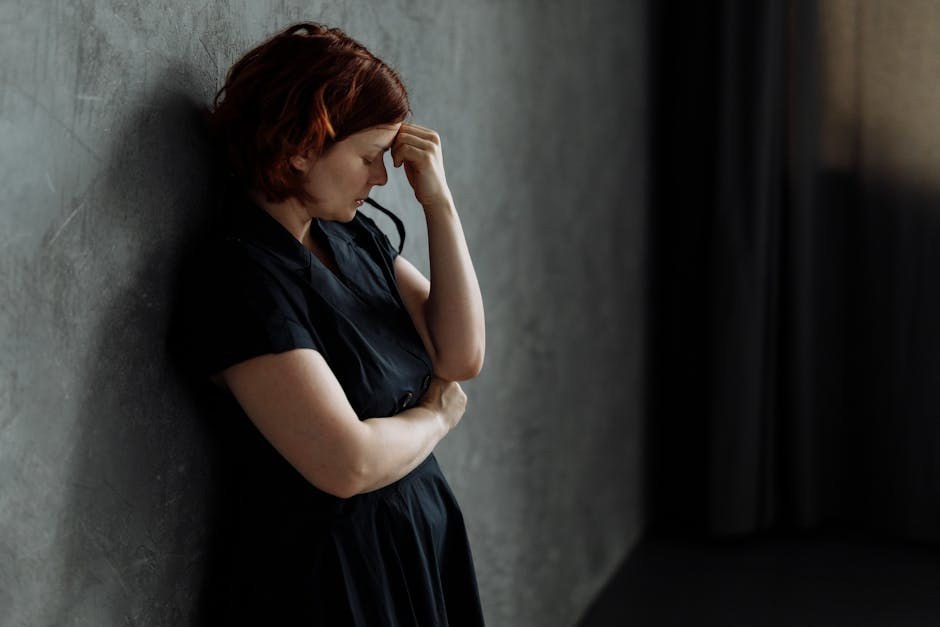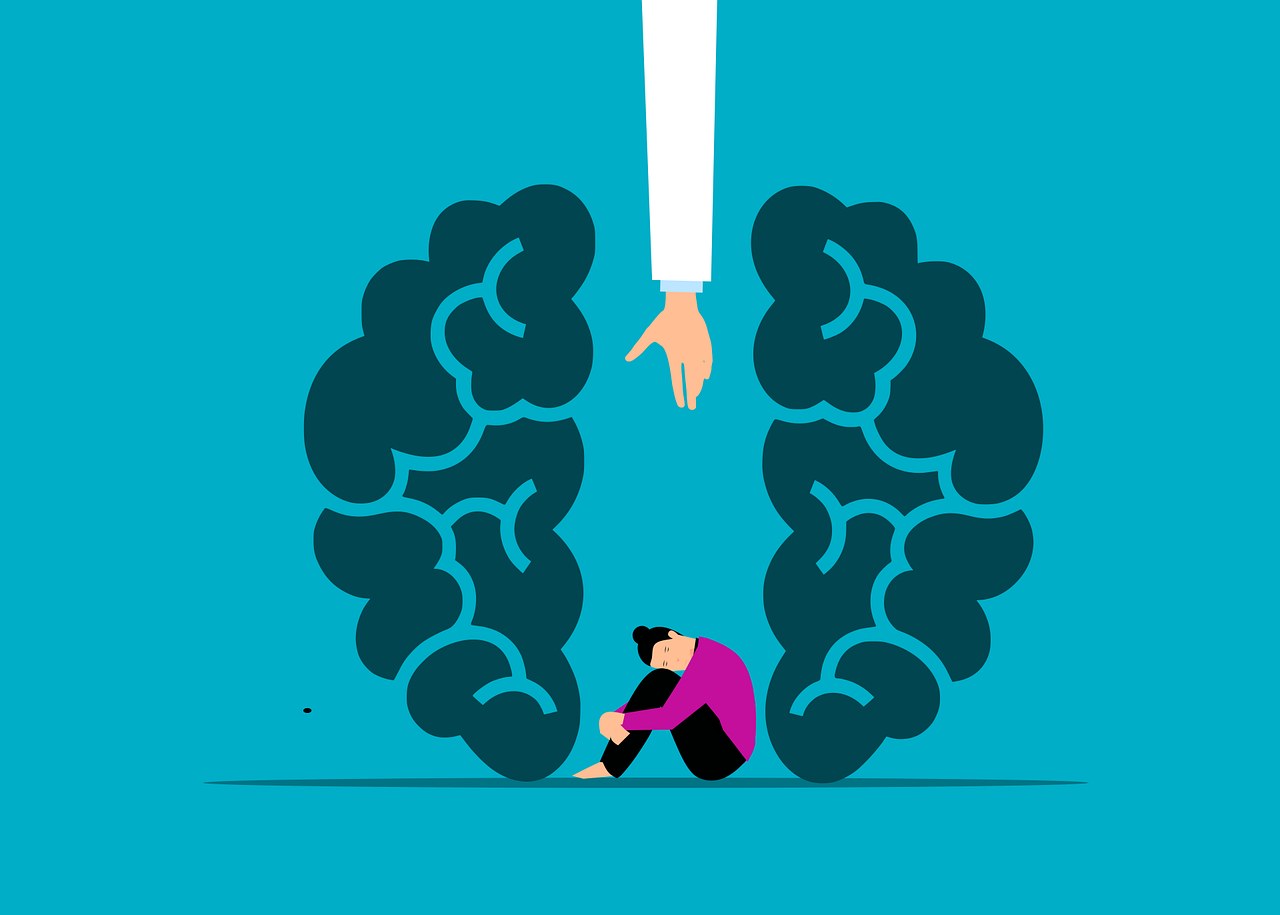While the idea of love addiction may seem far-fetched to some, there are individuals who become so deeply obsessed with the idea of being in love that they fail to recognize when their feelings are not truly based on genuine love. If you often find yourself diving headfirst into relationships and feeling an overwhelming need to be in love, it might be time to take a closer look at your behavior. Below are key indicators that you might be caught in a cycle of love addiction, and how you can start to break free and discover real, meaningful connections.
What Love Addiction Is and Why It Can Be Hard to Recognize
At its core, love addiction isn’t about genuine romantic attachment but rather an obsessive craving to feel loved and emotionally validated. For many people, this addiction becomes so ingrained that they believe it is a normal part of relationships. However, the reality is that this compulsive need for love can obscure one’s ability to form authentic, healthy relationships. Recognizing the signs of this addiction is often the first step in addressing it and opening the door to more fulfilling connections.
Understanding the Struggles of Love Addicts
As with many other forms of addiction, admitting that you have a problem is often the most difficult step. People with love addiction may feel like they are simply acting out of desire for love, but they don’t realize that they are continuously caught in an emotional pattern that leads them to unhealthy attachments. It’s common for individuals to deny that their need for constant affection is harmful, and they might remain in toxic relationships because they believe that love is worth any sacrifice. This denial can further prevent them from recognizing that true love is not about constant dependency but mutual respect and trust.

How to Identify If You’re Struggling with Love Addiction
If you suspect that your obsession with love might not be healthy, here are some signs to watch out for. If you find yourself constantly searching for love or unable to be content without it, it’s possible that you are experiencing love addiction. These behaviors might seem harmless on the surface, but over time, they can prevent you from forming genuine, lasting relationships.
You’re Drawn to Romantic Movies and Fantasies
Many people with love addiction have a tendency to idealize love, often influenced by romantic movies and fantasy narratives. If you find yourself watching romantic comedies repeatedly and fantasizing about your own love life mimicking those stories, it could be a sign of love addiction. This is because these films present an idealized version of romance that doesn’t necessarily reflect real relationships, yet you might start to expect these fairy tale scenarios in your own life.
You Fall in Love Too Quickly
Jumping into a relationship and declaring love after only a few dates is a classic sign of love addiction. While love can certainly develop quickly in some cases, it typically takes time to truly get to know someone and understand whether the connection is genuine. If you find yourself saying “I love you” within days of meeting someone, it’s likely that you’re addicted to the emotional rush of love, rather than actually being in love with the person.

You’re Always Seeking a Relationship
People who are addicted to love often have an overwhelming need to be in a relationship at all times. Whether you’re swiping through dating apps constantly or feeling uncomfortable with the idea of being single, you might be relying on relationships to feel validated. A healthy sense of independence is crucial in relationships, and if you’re desperate to always be partnered up, it’s a sign of an emotional dependency on love.
You Date Anyone Who Shows Interest
If you find yourself getting involved with people who don’t meet your standards or even display behaviors you typically wouldn’t tolerate, it may be due to your addiction to love. This desperation to be loved can lead you to overlook red flags and settle for less than you deserve. The urge to feel wanted becomes so powerful that you’ll do anything to keep the illusion of love alive.
You Overcompensate to Keep Your Partner Happy
When you’re in a relationship, do you go to extreme lengths to keep your partner satisfied, even if it means sacrificing your own happiness? This overcompensation is often a sign of love addiction. The fear of losing someone you’re attached to can drive you to do things that feel unnatural, all in the name of keeping them around. This kind of behavior can create an imbalance in the relationship, where you’re giving more than you’re receiving.

You Are Terrified of Your Partner’s Discontent
If your partner seems upset or unhappy, do you immediately feel the urge to fix the situation, even if it doesn’t involve you? People with love addiction are often driven by the need to please their partners and keep them content, not out of genuine care for their well-being, but because they fear rejection or emotional distance. This constant need to “fix” things can be draining and prevent you from addressing the real issues in the relationship.
Being Single Feels Like a Nightmare
The idea of being single can be emotionally overwhelming if you’re addicted to love. Even when you’re in a relationship, you may find yourself anxious at the thought of being alone. If you go to great lengths to avoid singlehood, constantly seeking new connections, this fear of solitude is a clear sign that love addiction might be at play.
You Can’t Stand Being Apart from Your Partner
Do you feel distressed if you have to spend time apart from your significant other? While it’s normal to enjoy spending time with a partner, people with love addiction might experience extreme anxiety when they are not physically with them. This attachment can become unhealthy, as it means you’re relying too heavily on someone for emotional stability.
Your Friends Think You Need Time Alone
If your friends have noticed that you’re always in a relationship or constantly seeking validation from others, they might advise you to spend some time alone. This is a sign that they recognize your love addiction and want you to focus on self-growth. Taking time to be single is often a crucial step in breaking the cycle of dependency and learning how to love yourself before entering a relationship with someone else.
You’ve Never Been Single for Long
If you can’t recall a time when you weren’t dating someone, it’s likely that you have a love addiction. Constantly being in relationships, without taking time to be single, can prevent you from developing a strong sense of self. This continuous cycle of attachment can leave you emotionally unfulfilled, as you’re not giving yourself the space to grow and heal.
Breaking Free from Love Addiction
If you’ve recognized these patterns in yourself, it’s important to take steps toward healing. Love addiction can cloud your judgment and prevent you from forming meaningful, lasting connections. The first step is to acknowledge the addiction and take time to focus on personal growth. By learning to be comfortable with yourself and building healthy relationships based on mutual respect, you can break free from the cycle of love addiction and find real, lasting love.